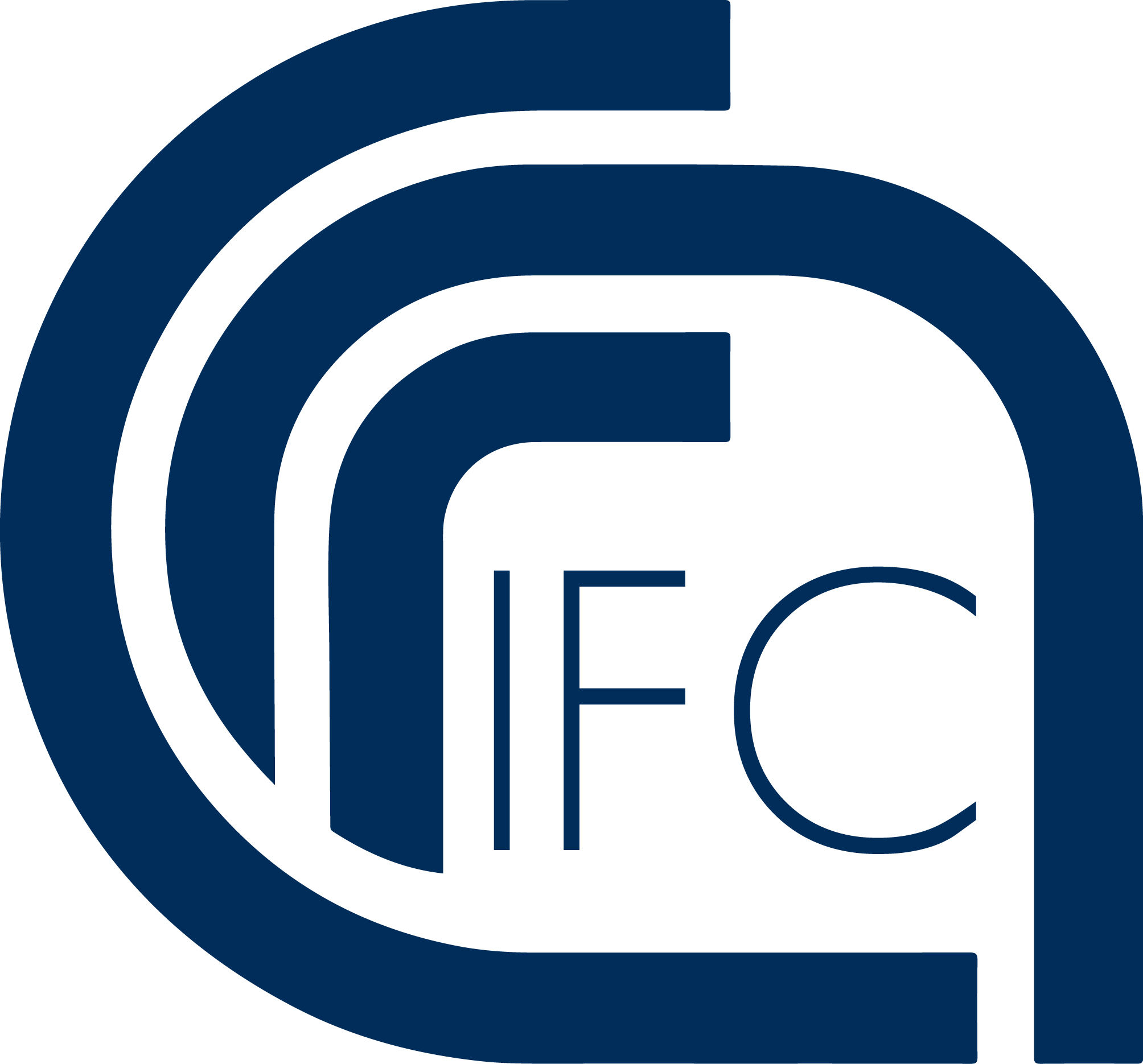Health promotion synergically integrates cooperative and inter-sectoral actions based on the evidence provided by scientific research. In the current era, the true intrinsic value of products and services is represented by knowledge. Therefore, the participation of all the involved stakeholders in decision-making is just the cornerstone for more effective and cost effective health promotion interventions. Participatory Research is an added value for the harmonious growth of society.
Among the tools devoted to health promotion, the HIA (Health Impact Assessment) studies how the implementation of programs, plans and projects modifies the direct and indirect determinants of human well-being, in the short and long term (sustainable development), identifies geographical areas and disadvantaged population subgroups (equity), uses appropriate approaches to provide complex evaluations (ethical use of evidence) and defines strategies for the stakeholders’ participation (democracy).

The "HIA21 model" demonstrated the effectiveness of public participation in local governance decisions, by improving the environmental sustainability of waste management choices.
The basic model is articulated through six action lines, independently of every single experience, their context, the decision-making processes and the methods adopted to achieve the objectives:
1) Launch: to identify and to involve the local stakeholders using all the human, associative and informative resources, that allow to reach a very wide range of targets, aiming to build a collective vision of the future.
2) Schedule events: to assure the inclusion of the “citizens’ knowledge”, as well as an adequate awareness among key actors at scheduled events, activating appropriate communication campaigns to enhance the participation of the general population.
3) Modulation of involvement: to make efficient and balanced connections between communicative needs, decisional powers and active subjects, in every step of the process:
- The leading group of researchers provides the terms of reference and the scientific evidence on the possible consequences all along the project development.
- The forum constituted by individuals from the community with diversified skills, professionalism, roles (municipal and provincial administrators and decision makers, departments from environmental and health agencies, professional corporations, civil associations for health and social promotion, business enterprises, citizen leagues, general practitioners) to share processes, results and final recommendations.
- The focus groups include professionals and citizens. They integrate the work carried out by the forum and the leading research group, co-operating in the production of specific contents; they are structured through the definition of: purpose, extension, method, expected effect, promoting subject, structure, length in time, level ofinstitutionalization, subject matter. They adopt a regulation that disciplines the participation.
4) Creation of a collaborating network: The goal is to allow access to information and support the organization and success of events. It mainly includes actors belonging to local administrative services, health departments, business activities, associations of social and health promotion associations.
5) Feeding results into the process: the forums and the focus report to the research group critical issues regarding data, methods and models, areas under study, initiatives and interventions.
6) Communication planning: to identify the tools for communication and dissemination of results (brochures, newsletters, visits and seminars) with suitable scheduling, to promote the active participation of the stakeholders and the capillary information on the territory.
An experienced team of the IFC-CNR is trained to manage the complexity of the socio-political context, the forms of collaboration, as well as the creation of working groups to achieve the goal.


 IT
IT  中文
中文 